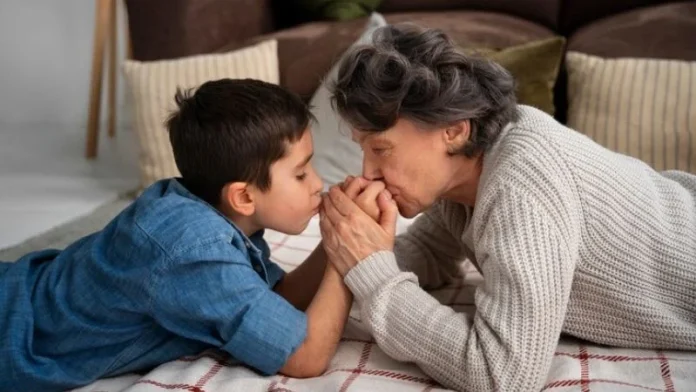
Ever thought, why is respect important? It is one of the greatest expressions of love. Ever since we were young, we have been taught to be respectful towards others. Every culture places a lot of importance on respect, and parents must inculcate and teach the value of esteem in their children. Giving respect is a fundamental moral value, and being a respectful individual goes a long way in improving the quality of life of a person. At the same time, respect includes giving it to others and involves dignity and self-respect.
So, What is Respect Anyway, and Why is it Important?
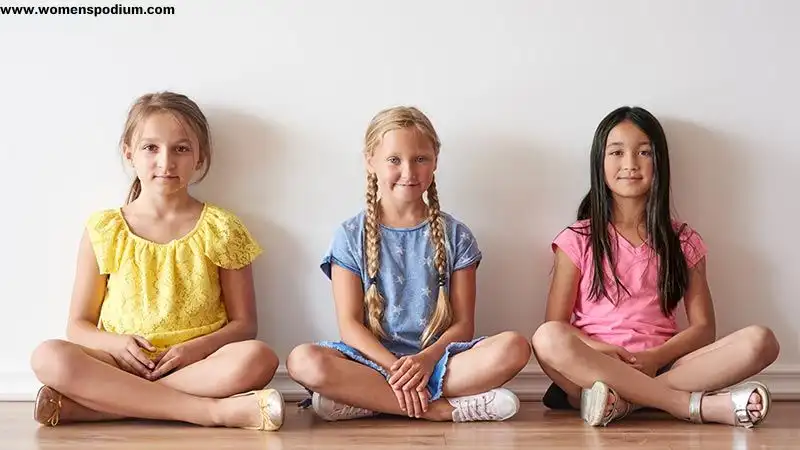
The APA Dictionary of Psychology defines respect as ‘an attitude of, or behaviour demonstrating esteem, honour, regard, concern, and other such positive qualities toward an individual or entity.’ It further states, ‘Respect can serve an important purpose in interpersonal and intergroup relations by aiding in communication.’
Respect is at the core of healthy and flourishing relationships. It lays the foundation of good social skills and civil behavior. In today’s world, there is a great emphasis on creating an inclusive, equal, progressive, and open-minded society that admires every person’s unique narrative. While chasing this goal, it becomes a requisite quality to inculcate in an individual as well as to adapt as a society.
How Do We Then Raise Polite and Courteous Children?
Like any other value system, the inculcation of esteem begins at home, and parents are the best teachers. Children who are respectful at home carry forward this teaching into the world, further allowing us to curate a more respectful society. Here are ten ways to instill the value of respect in your child.
1. Give and Get

How many times have you heard that respect needs to be earned and not demanded? Well, it is true. Children are keen observers; when you respect them and other people, chances are, your child will automatically pick up the value of giving. Speaking respectfully to people in your family, behaving respectfully with your child, giving regard to them as human beings, not overriding them, giving them space to grow as an individual, are ways of showing your child that you appreciate and value them. And as always, respect given fosters respect returned.
2. Expose Them to Different Narratives
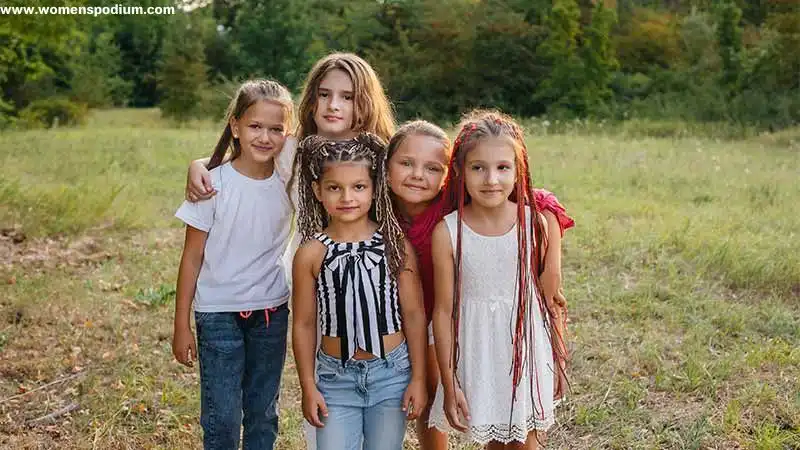
Whether it is friends and family belonging to different cultures or colleagues and acquaintances from different walks of life, exposing your child to people with different worldviews can help your child understand diversity from a young age. Encouraging them to engage with friends who come from different backgrounds and respecting each one’s narrative helps them know that there exist different world views, and all of them can be respected and celebrated.
3. Help them Consume the Right Content
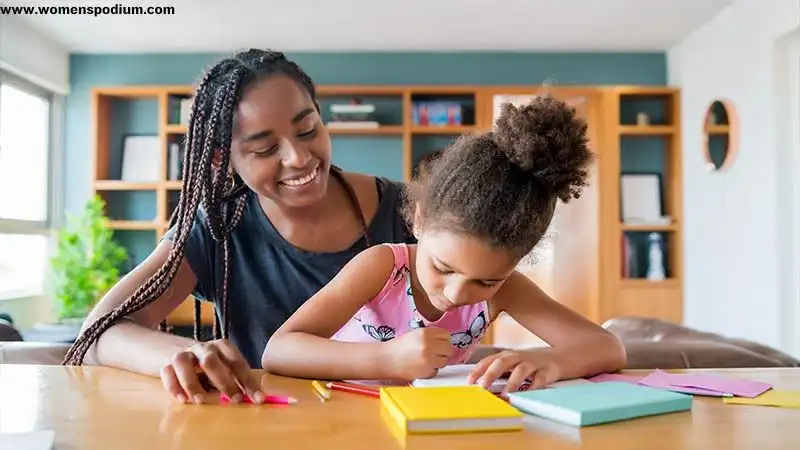
Whether it is books, movies, YouTube, music, or anything else, content plays an important role in the perception that a child develops about the world. Refrain from content that demeans, downplays, or mocks any culture, gender, race, or anyone’s lived experience. Exposing your child to content that forges respectable bonds, portrays harmony and friendship, and celebrates diversity allows your child to register harmony as the default image of human relationships. This gives them a powerful sense of respect that carries everywhere they go.
Also Read: The flipside of social media can be a hub for things like cyberbullying and questionable activities. Do let your children know about the pros and cons of social media.
4. Don’t Discriminate

It is imperative to teach your children to respect people regardless of who they are. Asking your child to value someone because they are an authority figure or because they are superior isn’t appropriate, as it will create a flawed relationship between them. It is again essential to teach your child that everyone deserves respect, no matter who they are or where they stand in social hierarchies.
5. Deal with Conflict Effectively

Conflict is an inevitable part of human relationships. However, in healthy relationships, conflict does not get in the way of respect. You must solve your domestic or professional conflicts respectfully. Show your child that even in conflict, one can hold respect for another person. Also, when correcting your child or dealing with opposing points of view, show your child that you respect them but disagree with them. This will allow them to note that even conflict can bring about healthy resolutions if handled with respect.
6. Respect Their Boundaries and Respect Yours

In these times, it is essential to teach your children to respect your boundaries and for you to respect theirs. From a very young age, children learn about acceptable and unacceptable behaviour based on their parents’ reactions to their actions. This shows them that their voice matters, their opinions matter, and that they are respected. When one feels a deep sense of being respected, it fosters security and trust and allows one to respect others without inhibitions.
7. It is not just for People Only
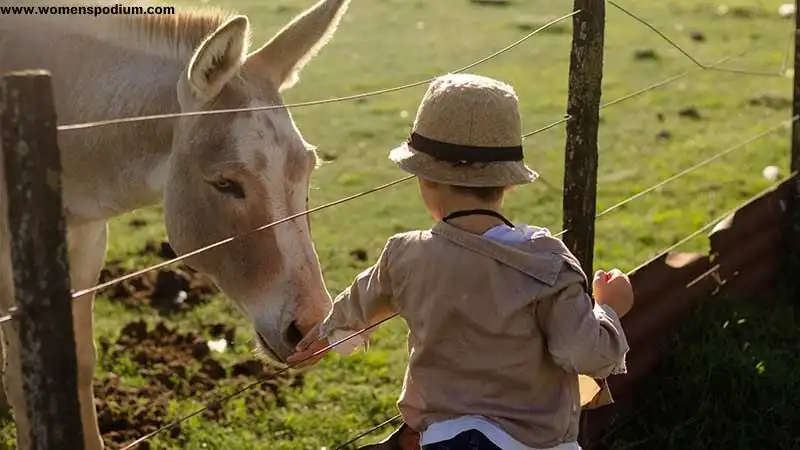
Children need to understand that we don’t just care for people. We respect nature, culture, institutions, choices, even objects, and so much more. It is reflected in the way we treat others, in the way we care for our environment, in the way we stand up for important causes, and in the way we live our lives in every moment. When respect becomes a way of life rather than a compulsory philosophy that we need to live by, it becomes so much easier to practice it naturally.
8. Stand up for Themselves

While it is absolutely important to respect everyone, it is imperative to know that healthy respect comes with our firm standing. Teach your children to be vocal about their opinions, and teach them to stand up for what is right. Children need to learn that standing up for oneself gently but firmly is an excellent example of self-respect, and that standing up for yourself doesn’t mean that you are disrespecting the other person. This allows children to develop healthy and respectful patterns of communication in their current as well as future relationships.
9. Be the First

Sometimes, when moving about in the world, our children may encounter unhealthy behaviours from others. At such times, it is fundamental to teach your children to stand up for themselves and be respectful towards the other person as well. Teach your children that respect is not a reward or a value to be practised only when times are good. Teach them that even when someone is not their best self, they still deserve to be respected and valued.
10. It is Okay to Miss the Mark Sometimes
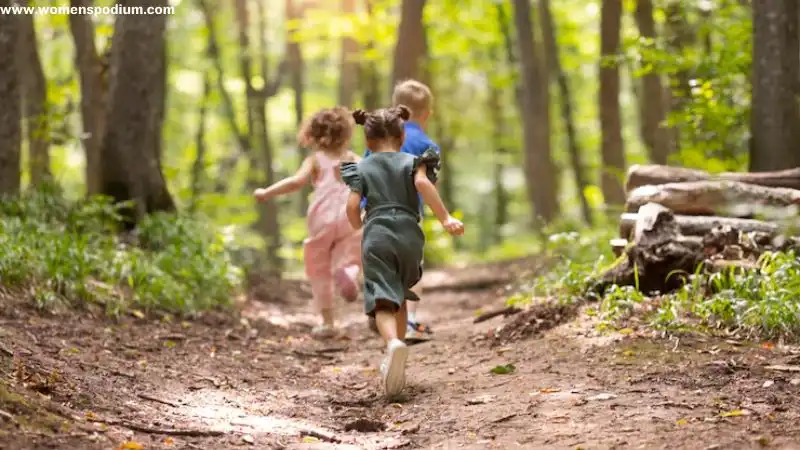
Always being respectful is undoubtedly the ideal behaviour. However, we are all humans, and none of us is perfect. Teach your children that sometimes, when dealing with big emotions, they might behave disrespectfully. Teach them to acknowledge their mistake, apologise for it, and move on. After all, no one is perfect!
Inculcating esteem among all the other zillion things that parenting demands can be a difficult task. However, it is important to remember that little by little and one step at a time, parents can contribute towards raising a more respectful generation and thereby changing the world, one child at a time, and help them understand why respect is important!
Also Read: Being a family, you have to nurture your children in the best way possible. Work on the most effective parenting skills to encourage empathy in teens.






Your writing skills are very nice.
Keep it up!!!